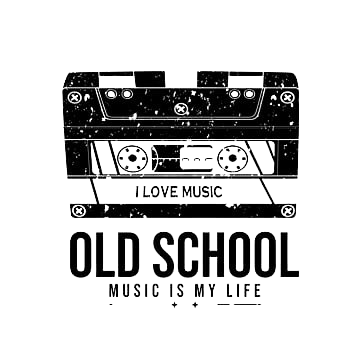For any rock and roll enthusiasts, there’s usually a bubble put around the work of Led Zeppelin. Aside from their various accusations of plagiarism throughout their career, no one can deny the influence Zeppelin has had over decades of rock decadence, from how they partied to the massive riffs from Jimmy Page’s guitar. Even though Page may have been able to create unforgettable sonic vignettes across every one of Zeppelin’s albums, there was a dark side of him bubbling from underneath the surface.
Before Zeppelin had even started, though, Page was already making a name for himself as one of the youngest guitar giants in the English music scene. Coming out of The Yardbirds and turning in countless hours on the session musician scene, Page had the idea of taking rock and roll one step further with his latest band, drafting in Robert Plant and John Bonham to round out the lineup.
By the time Page had begun writing the basis of songs like ‘Good Times Bad Times’ and ‘Communication Breakdown’, though, he had already started indulging in the works of the occult. Interested in the devilish works of Aleister Crowley, Page would soon incorporate different pieces of the author’s work into his daily life, down to having an entire catalogue in his home devoted to his occult literature.
While this would lead to various rumours about Page making a deal with the devil, one of the most significant by-products of it came out in casual misogyny. Although the rock scene always had a specific issue with the gender divide, Zeppelin made it more pronounced when they wrote the song ‘Your Time Is Gonna Come’, where Plant shrieks about an overly-demanding woman who would see the day when her luck runs out.
While many blues songs have been based on heartache and how a vindictive lover did the artist wrong, Page’s approach to the track came from the works of Crowley, which didn’t treat women with any respect. As per Crowley’s teachings, Page wrote the song with the mindset of women being inferior to men, which wasn’t helped by Zeppelin’s reputation for various escapades with women on the road.
Even though Page never claimed to subscribe to that theory himself, there’s still that coating of Crowley-esque mentality across the record, which would coat a handful of other cuts in Zeppelin’s catalogue. By the time Zeppelin entered the late 1970s, though, Page seemed to talk himself out of following Crowley’s lead.
After succumbing to heroin addiction around the mid-1970s, Page would be in rough shape and ultimately have to build himself back up again to create the massive riffs that people expected out of him. Once Zeppelin faded from view after Bonham’s death, Page would start to turn over a new leaf, eventually returning to the fold with Paul Rodgers of Bad Company for the supergroup, The Firm. Although much of his ailments could have been caused by the excesses of the rock and roll lifestyle, it may also have to do with the massive toll that occultist teachings might have on someone who takes their infatuation that one step too far.

